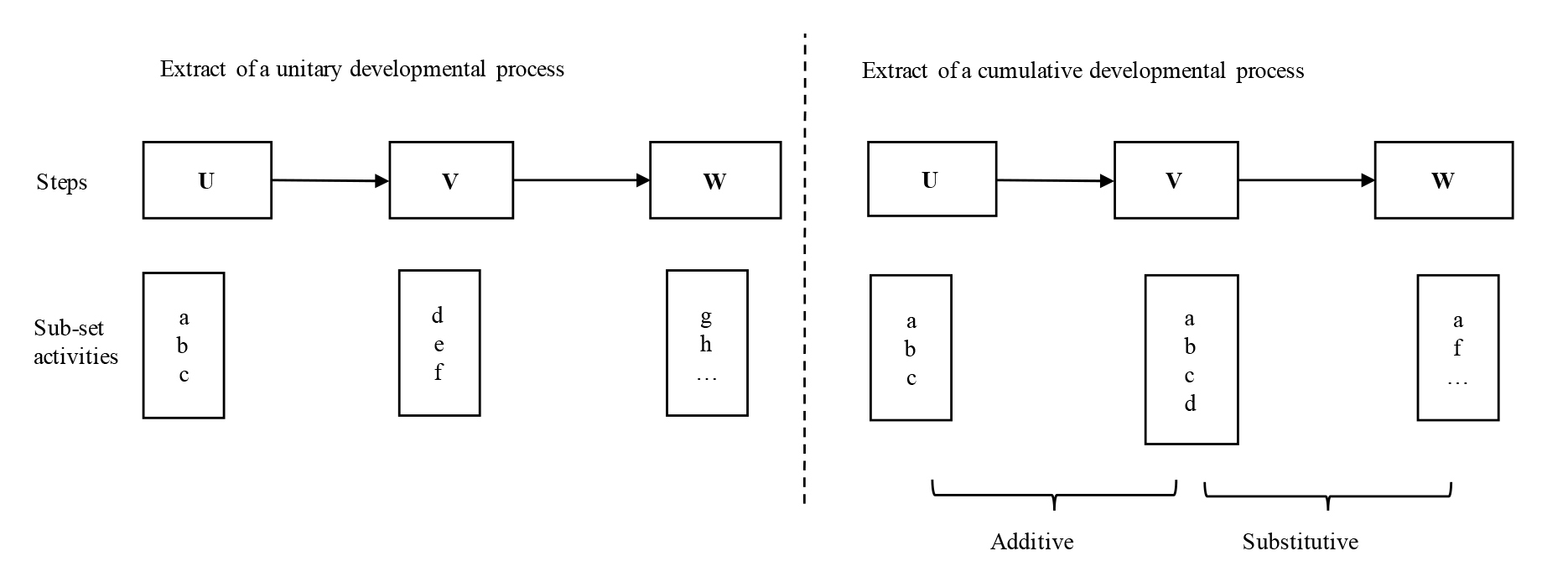Yi Dragon Jiang shed light on the issue of entrepreneurs’ behaviour under uncertainty, publishing several articles and making presentations about this topic last year.
The Assistant Professor of Entrepreneurship at ESCP and Jean-Bapstiste Say Institute team member is specialized in process study, she follows high-tech and refugee entrepreneurs in Asia and Europe, and her research focuses on human behavior under uncertainty. “To put it simply, I look at how entrepreneurs behave when they don’t know what to do, she explains. I think this is an important question because people make decisions all the time. And in everyday life, in most of the cases we are not capable to calculate the probability of risk before we take an action.”
Yi Dragon Jiang, who earned her Ph.D. degree from Grenoble Ecole de Management in 2016, already published articles in Entrepreneurship Theory and Practice and Journal of Business Venturing.
In the first one, she and her co-author focused on effectuation processes, increasing the conceptual clarity of effectuation theory and providing insights into how effectuation may be operationalized for scholars in future research.
In the second one, she brought to light the notion of temporality and unanticipated consequences, discussed their central roles in perceived uncertainty, effectuation, and causation, and offered revelatory insights into why and when effectuation is used in relation to uncertainty and entrepreneurial action.
“Through longitudinal research design, I observed that people perceived different types of uncertainty when unexpected events occur, she sums up. Some people immediately question their own capability, some people attribute the unexpected events to external reasons, and some people immediately think about how the events will impact them. And these perceptions are closely linked to entrepreneurs’ behaviours.”
In 2018, she made two presentations at the Academy of Management Annual Meeting.
In the first one, with her co-author she brought to light the notion of temporality and unanticipated consequences, discussed their central roles in perceived uncertainty, effectuation, and causation, and offered revelatory insights into why and when effectuation is used in relation to uncertainty and entrepreneurial action.
In the second one, they increased the conceptual clarity of both uncertainty and entrepreneurial action constructs, and proposed a reversed causal relationship between perception and action. “The relationship between perceived uncertainty and entrepreneurial action has long been of interest of researchers in entrepreneurship field, she adds. Recent contradictory voices on this relationship motivate this article to inductively revisit why and how entrepreneurs take actions.”

By showing that in reality, under uncertainty people do not necessary follow different steps, each with a particular goal and sub-set activities, her more recent research offers a new way to conceive process studies. “In lots of cases, entrepreneurs will tell us that they were ashamed of doing things when they didn't have a goal or of kind of jumping here and there in terms of the steps or the sequences, she explains. The first, very rudimentary step for managers is to tell them that what they are actually doing, which we call in everyday language clueless, is something that is a very systematic way of how we cognitively develop our process of acting under uncertainty and that therefore, they should not be ashamed of it. On the contrary, they should try to learn how to more effectively conduct their clueless actions.”
Campuses